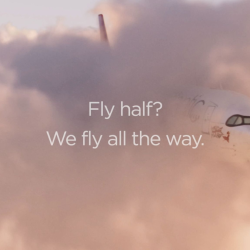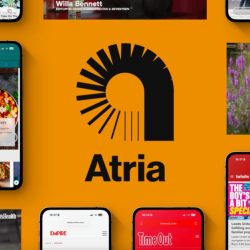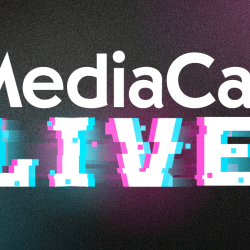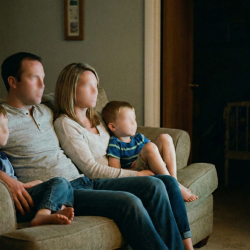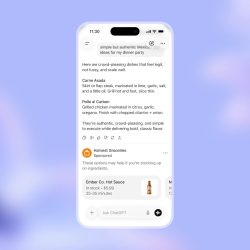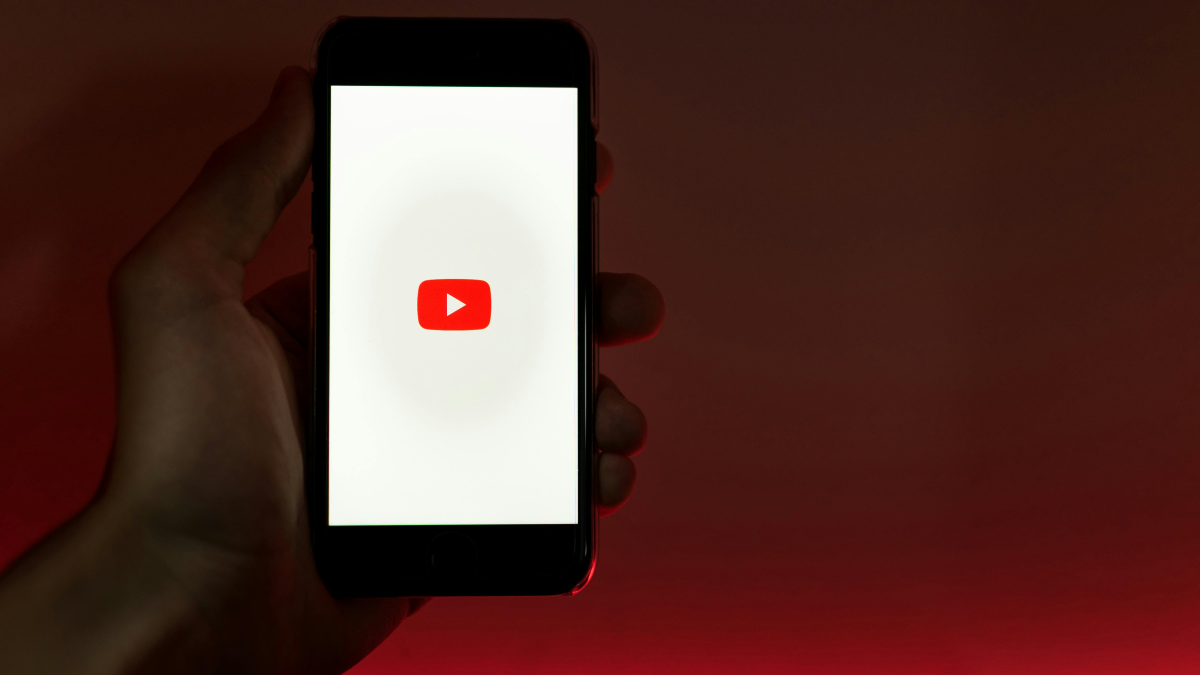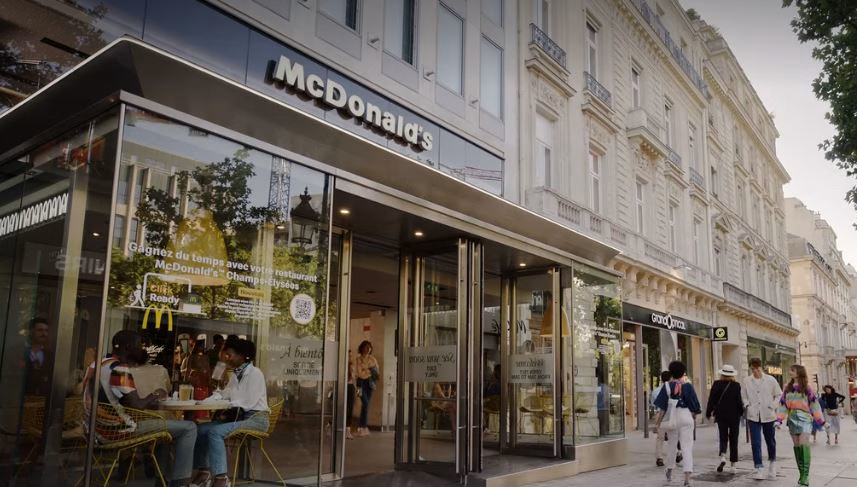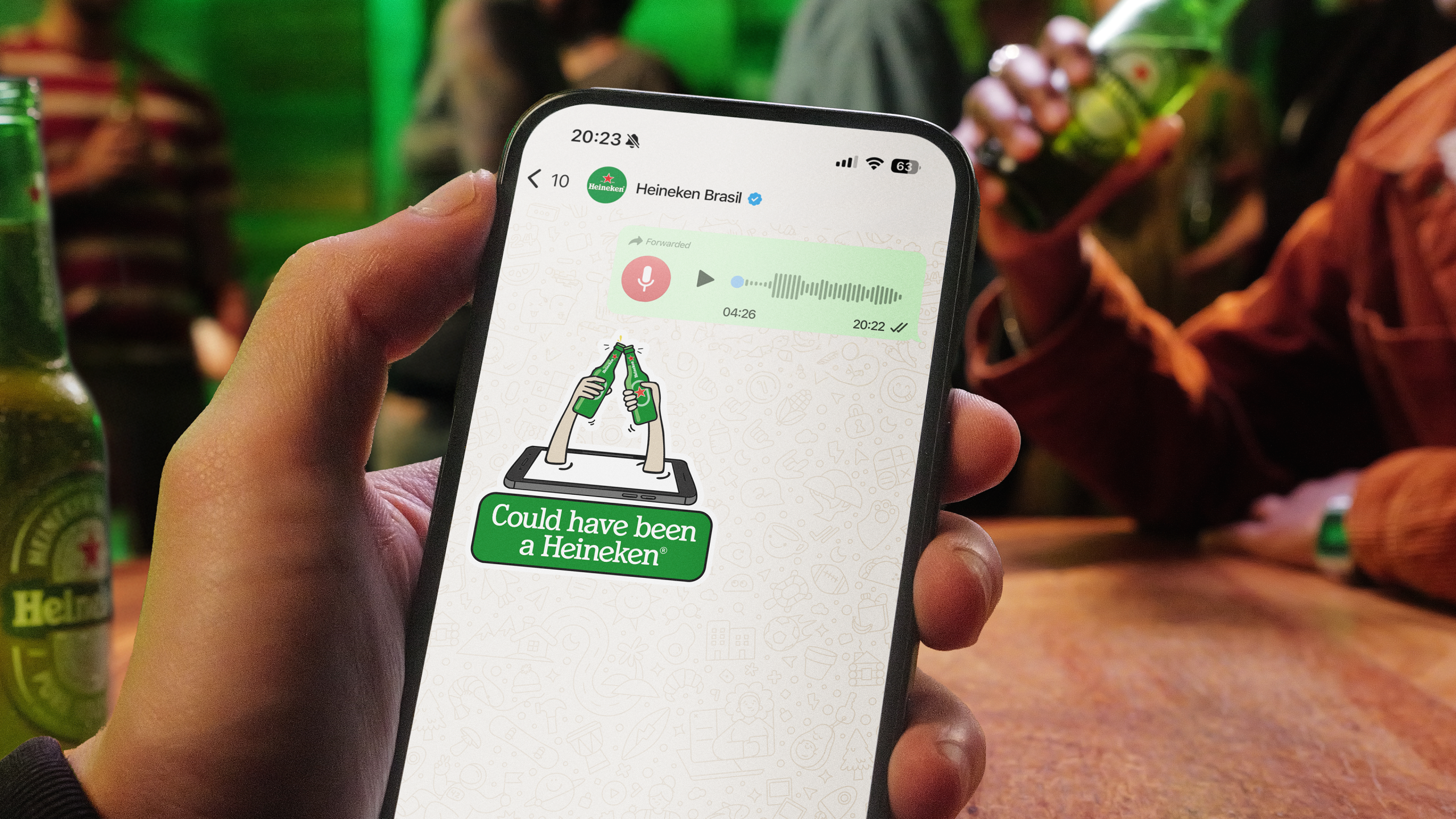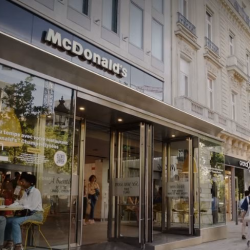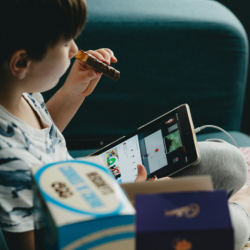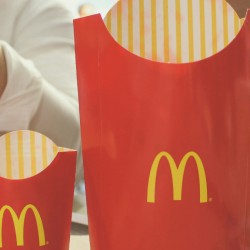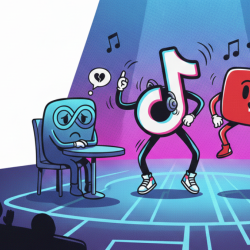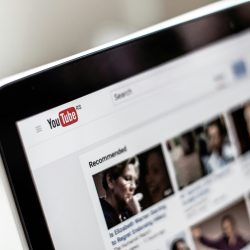YouTube will be turning 20 next year and is still an important part of the social structure. It’s the ultimate platform for creators and the gold standard in terms of monetisation. When it comes to making a living and growing a really engaged audience, YouTube is still, by far and away, the best place to have success. Many brands consider it a safer environment for families and younger age groups, in comparison to platforms like TikTok that are still evolving and learning. Plus the CPMs you make on YouTube are better than any other platform.
US creator Zach King recently said in a video with Jason Nash that he estimated 1 billion TikTok views would make him about $7k profit. Whereas on YouTube, if you get a billion views, even with a poor CPM, you’re banking a whole lot more than that!
There’s a real art to getting YouTube right
You engage community in very different ways on YouTube. The reason your community grows is because on the whole people are buying into a personality or a style of content on a channel. When brands get it right on YouTube, it’s because they either develop a distinct personality, or they base it around talent who will deliver the personality of their brand. And it’s a heavier lift for your team than the other platforms because you’ve got to get many things right. Your content style has to be YouTube-first, not just repurposing videos produced for other uses. You’ve got to make content with the right kind of talent that’s breaking through. It’s more of a strategic approach because you have to find your relevance and the tone of voice which appeals to your audience. You also need to consider how you’re going to launch and how you’re going to grow; it requires patience as you’re not going to suddenly skyrocket overnight.
You can do what you want with paid pre-roll or creator integration, but making your own YouTube channel a success is a long-term commitment, you have to be consistent and get your strategy right in terms of posting cadence. It’s also important to understand the way the algorithm picks you up, supports you and pushes you out at the right time to give you engagement. If you don’t commit, you will likely end up with a YouTube channel where you post a video a week and it doesn’t get many views.
You could invest in major talent and create an awesome piece of content but because it’s been put up on a YouTube channel that isn’t performing, isn’t delivering on strategy, and hasn’t worked on building a community, it just doesn’t bang.
When to spend and when to invest elsewhere
There are loads of different ways you can play with YouTube as a brand that don’t require continuous, considerable investment in a channel. Running a YouTube channel will be the most expensive because you’ve got to keep it. You can’t put it down; if you do, you’ll have to spend even more to get it going again. It takes bravery for a marketing lead to say ‘we’re not doing a YouTube channel’, and it’s much better to meet that head-on, than to deal with a poor performing channel one year down the line.
If you’re at the point where you’ve reviewed your budget and consulted an agency on what you’re trying to deliver, and you realise you don’t have the resources to be always-on and continually support a long-term strategy, then it’s probably best not to invest in creating a channel at all.
Advertising and creator partnerships might be better ways for you to reach audiences on YouTube.
Finding your niche
YouTube doesn’t work if you try to be something for everyone; it’s about going hard on your niche. Brands have their place, but it has to be authentic and it’s got to be the right fit. If you understand your audience and know what they want, then you should already know your niche. Just make sure the audience you’re talking to wants what you’re selling because otherwise, you could end up with a channel that has 600 views on every video and costs you a fortune to run!
The carwow YouTube channel has found its niche and activates this really well. It’s all about entertaining content for car lovers, like Top Gear but in a YouTube style, and the host Mat Watson is a great personality for the platform and brand.
Retailers like Footasylum and JD Sports also historically do YouTube well, as they weave the brand into the content in such a natural way that you don’t even realise you’re watching branded content, or you do and you don’t care! Plus they partner with top-tier creators and aren’t afraid to invest.
The real juice in making the best YouTube content is making people feel something, so they react: a like, a share, or even a comment to tell you they disagree. If someone is sharing your video, that means they may have copied the link and sent it to a mate on WhatsApp, or shared it with someone in their DMs. If you’ve got good engagement, then you know you’ve made people feel something, and that’s what it’s all about.
Featured image: Szabó Viktor / Pexels
